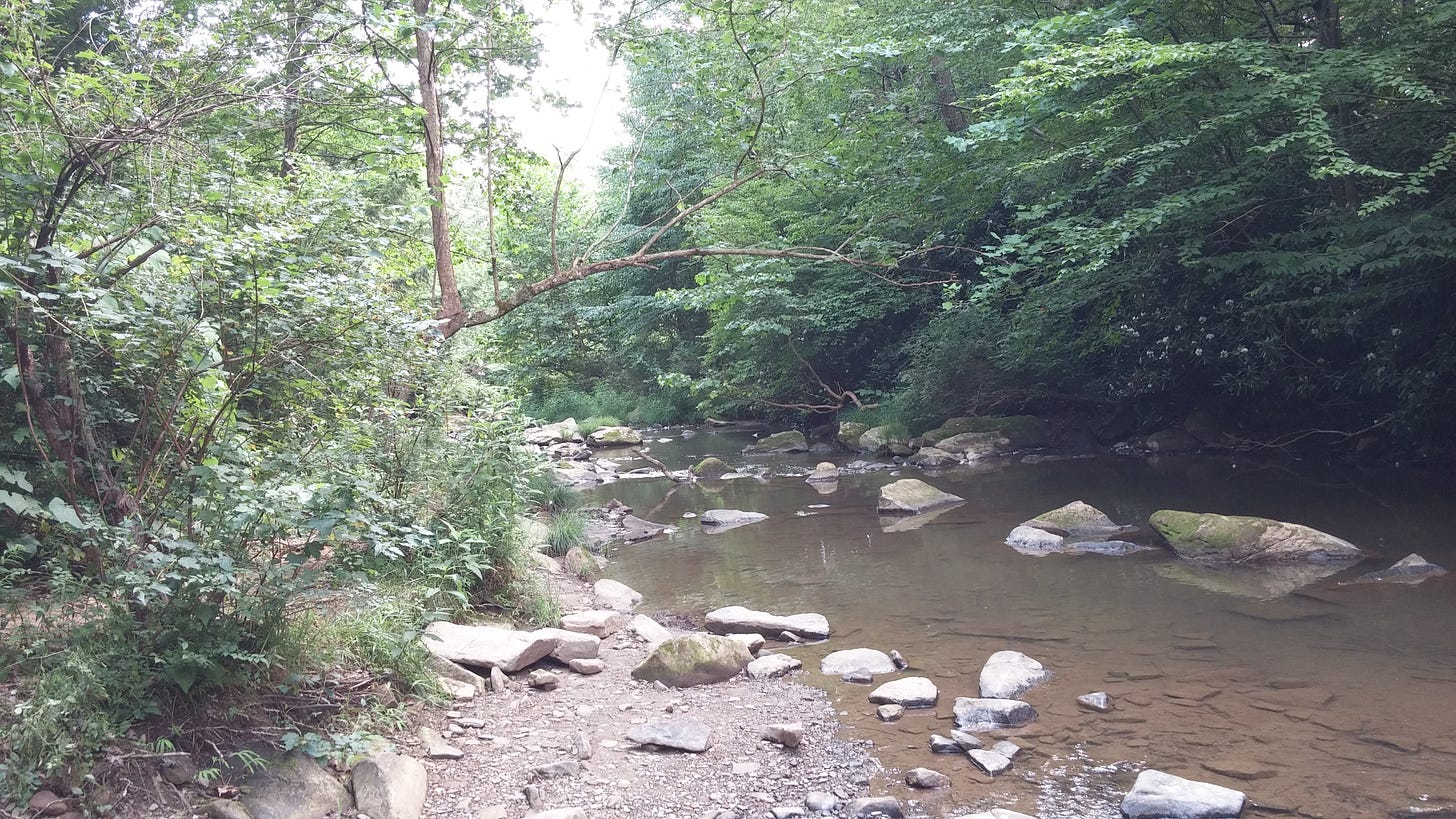Generosity and ethical behavior can help us live down past mistakes, but I can say from painful experience that sometimes the stink of lousy choices and bad behavior clings and lingers. We all know that, even with our best efforts at behaving well, there will always be someone who doesn’t care. Someone is always stuck in a grudge or into fossilized thinking. Nothing else will do for them, and sometimes that person is us. And so, we need patience and courage.
Patience
Patience is the appreciation of a simple reality: Often, things just plain take time.
I like the Spanish verb esperar. It means to wait, but also to hope or to expect. I like its sense of calm. We “wait” for our partner to dress to go to the dinner party. We “hope” that our daughter’s new boyfriend is the gentleman he appears to be. We “expect” a return dinner invitation. It can also be used for “hold on.” We ask in conversation that someone “Hold onto” a thought for a moment. It’s a verb that circles the airport, ready to land when given the signal.
Patience also suggests an effort to understand. It asks us to set aside our worry and agitation to look at our situation more rationally. Our friend has a mentally ill child at home. He is often delayed by some unforeseen crisis, so maybe we ought to calm down and give him more time to arrive at our meeting. Yes, we have to wait and we don’t like waiting, but is it really so bad? Is it really so important? We have to let go, stop making ourselves miserable, and doing so sometimes calls for rationalizing self-talk. Maybe it’s a good idea to remind ourselves of what they say: The more patience you use, the more you will have.
This self-talk, by the way, is something the Roman Stoics encouraged. It’s got a far more respectable lineage than simply growing out of New Age psychobabble. Rationalizing past an initial emotional response to a problem was a common exercise to reach the Stoic goal of equanimity.
Take the case of someone holding a grudge. We understand rationally that one person alone is rarely to blame for a conflict. A grudge, we might reason, is often protection from taking responsibility for our part of the mess. But owning up makes us vulnerable because not everyone is kind when we acknowledge our missteps. Sensing blood in the water, they often offload their share of responsibility onto us. Fear and hurt form a nasty sludge and, let’s face it, sometimes that sludge develops its own personality and acts as an independent, living thing. That’s the grudge. There is probably very little we can do about it, aside from trying to understand and then going about our business with forbearance and humility, mindful of our own shortcomings. Waiting. Hoping. Holding on.
But, let’s face it, practicing patience, however rationally we try to understand our situation, can wear us down. That’s why we need the next of the Paramitas.
Courage
Oh, boy. Courage is so many things at once. Perseverance. Enthusiasm. Diligence. The strength of character to do what needs to be done, regardless of hardship or danger. Guts! Spunk! Nerve. Intellectual honesty. Moral rectitude. Sticktoitiveness. How do I sum up all of these efforts to capture what we mean by courage? What is their common denominator?
What do I need to find in myself when that old demon of mistrust for the smooth, seemingly above reproach fellow offering me his smile and his cookie-cutter niceties creeps over me? How do I find my generosity of heart, my fearless receptivity? What do I need in order to face that demon inside me?
As I ask myself this question today, I suspect that a possible answer points back to Rabbi Hillel’s third question: If not now, when? Fear of failure holds us back. Fear of social embarrassment does the same. The list of fears is endless, and we can justify them all to ourselves. “The world is what it is,” writes V. S. Naiphul in the opening of A Bend in the River, “and men who are nothing, who allow themselves to become nothing, have no place in it.” We need—to borrow a phrase from theologian Paul Tillich— “the courage to be.” Running out into the gunfire on the battlefield is one kind of courage. Standing tall within yourself in a world invested in not letting you do that is a courage more commonly called for. Thoreau wrote that, “Society everywhere is in conspiracy against the manhood of every one of its members.” But why blame society and not ourselves? We have the agency to choose.
Now is the moment to risk being injured yet again. Now is the time to take the hit, wince, and go on making your modest contribution. Courage is indeed that sticktoitiveness, that grit, enthusiasm, perseverance.
“Fearless receptivity” I said when discussing generosity.
But maybe it’s not really fearless. Just stubbornly determined to be generous in the moment, and allow fearlessness to come or not.



